Running on sunshine
Sustainable energy expert Guy Dauncey shares realistic insight on solar energy
You would expect someone like Guy Dauncey to be adamantly promoting sustainable energies such as solar at any cost. He is the founder of the BC Sustainable Energy Association and has written two books addressing the solutions to climate change. Certainly, Dauncey is excited about the potential for green energy, but he’s particularly good at taking a practical approach and finding appropriate action in the search for a solution.
“I’m duty bound to take a logical look at the viability of solar energy,” said Dauncey. “I’ve been through the illogical stage of saying, ‘Isn’t this wonderful, why can’t we all do it?’ You really start to analyze, rationally, what are the cost factors? How much electricity will a one-kilowatt panel generate in Cranbrook? The answer is around 1,200 kilowatt hours a year. Then you can do the math. If you can sell that to BC Hydro for 10 cents a kilowatt hour and you’ve got 1,200 that gives $120 of income a year, or $120 electricity you don’t have to buy. Yes, a bit of maths is helpful.”
The nuts and bolts
Dauncey recently travelled to Cranbrook to offer a public presentation and for the announcement that the city will be the 33rd solar community in British Columbia. The partnership between Cranbrook and SolarBC means that the community is dedicated to decreasing its reliance on fossil fuels. Fortunately, a community can make investments that will benefit both the economy and the environment. Thermal solar panels are already at work on the roof of the airport that serves Cranbrook, while other initiatives are planned as solar in B.C.’s sunniest city moves forward.
Dauncey elaborated on the two different forms of solar energy. “Solar PV, which stands for photovoltaics, generates electricity from the light of the sun. You can run a light bulb on it. When we say solar panel, we’re normally referring to solar voltaic and generating electricity. Solar thermal, on the other hand, is using the sun to heat water. That also has a solar panel on the roof, but it’s a completely different type of technology. The first one has silicon and electronics going on and the other has water and glycol—it’s capturing heat.”
A more accessible way to make green changes and save money on energy costs comes through making a building more efficient. Grants are available through LiveSmart BC, making it even more advantageous. Solar panels and energy upgrades both accomplish similar goals and, although there is potential to utilize both, any obvious energy upgrades should be made first. Does your building need more insulation or more efficient light bulbs? Small businesses may qualify for a free assessment.
A sunny future
After upgrading a building, it could be relevant to consider if solar energy will suit your needs. Prices have fallen considerably in recent years, but other considerations include the amount each kilowatt of energy costs, hours of sunlight and lending rates. Solar thermal requires an additional consideration.
“For some business applications, where they’re using a lot of hot water, it makes sense,” said Dauncey. “Motels, hotels, launderettes or restaurants—if they have access to their own roof, they should be getting an analysis done to see if they can save money by installing solar hot water. Otherwise, what businesses should be looking at is how can they be climate smart by reducing their overall greenhouse gas emissions. A lot of it will come from looking at their means of transport, how they’re burning gas and oil, rather than looking at solar which replaces electricity. Ultimately, these things need to be considered together.”
Sustainability is a growing consideration in business. The solutions are increasingly viable and financially sensible. It’s about more than a sense of personal responsibility, although that should be an important factor as well.
“People might be involved simply because they want to make a difference in the world,” said Dauncey. “They realize that we can’t carry on burning fossil fuels forever—we have to tackle climate change. What can I do on the ground? (The BC Sustainable Energy Association) is more about practical solutions than just complaining, so we try and see what we can actually do to make a solution for these problems.”

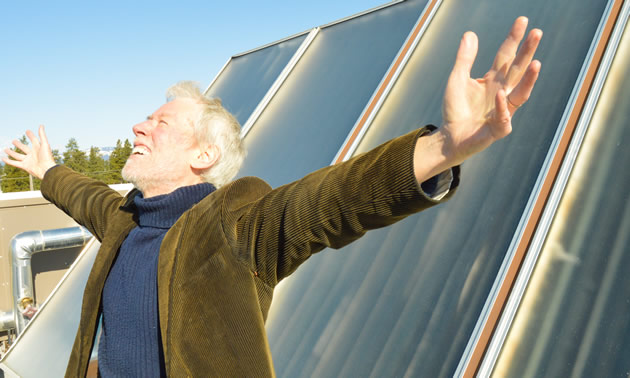
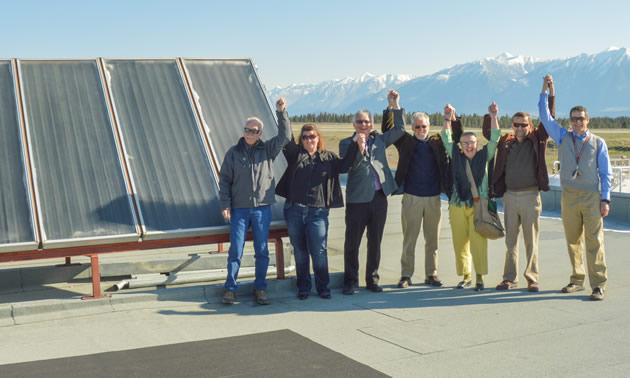
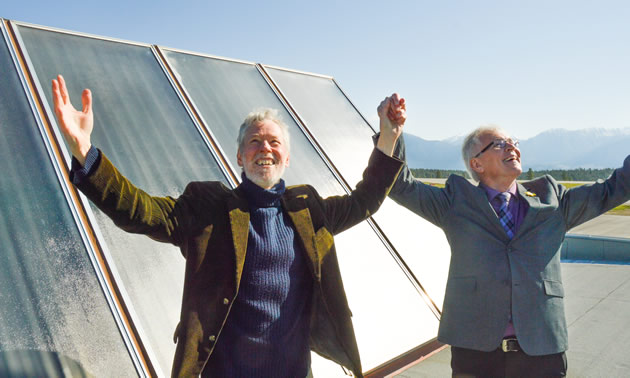


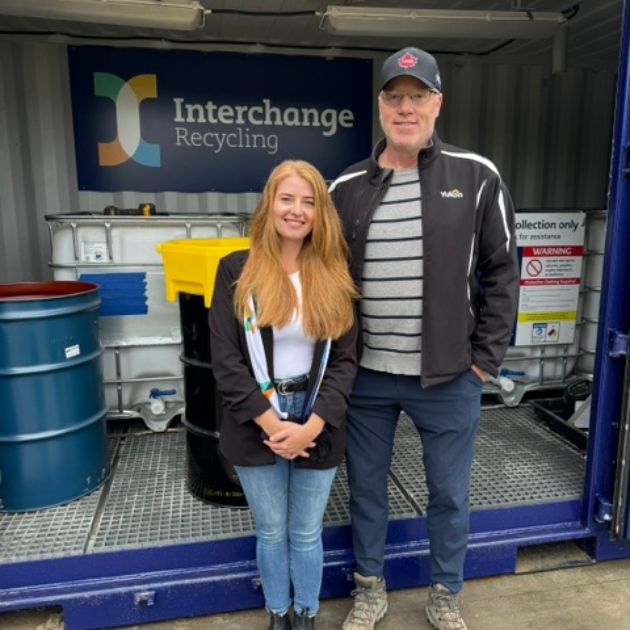
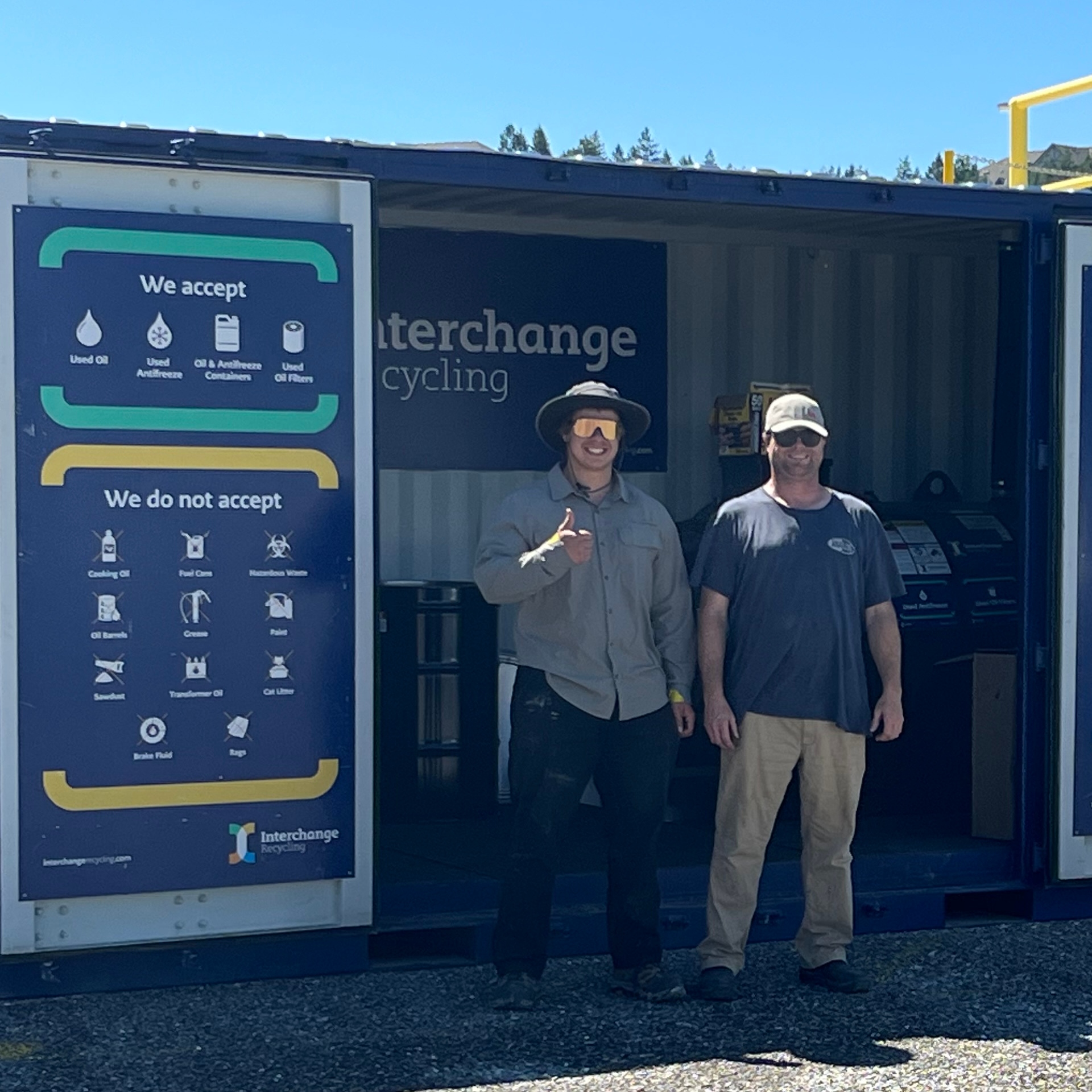

Comments